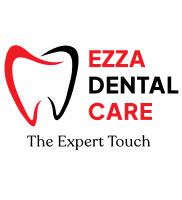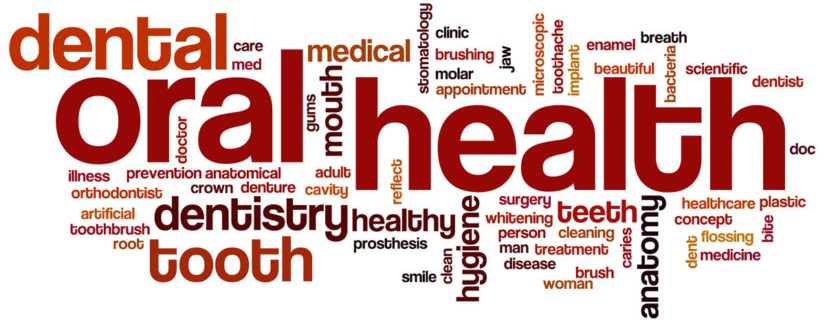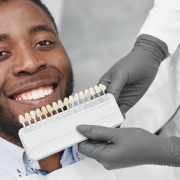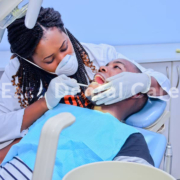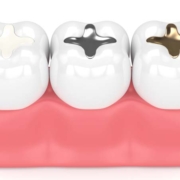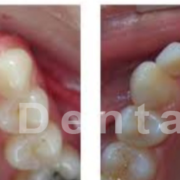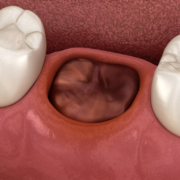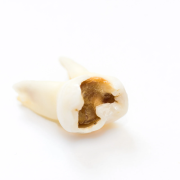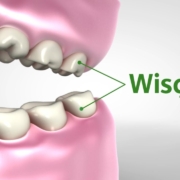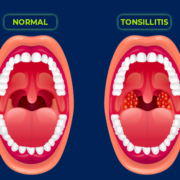Tips for your oral health – World Oral Health Month
Every year in March, oral health care providers commemorate oral health and its promotion. This year was no different and was running with a theme, “Mind your mouth.” At Ezza Dental Care, we would like to remind you about how to be mindful of our mouths and oral health through the three important facets of tooth brushing, diet, and dental visits.
Brushing your teeth
Brushing one’s teeth is a form of oral hygiene practice which involves the removal of food debris and plaque from the teeth and the other oral structures.
It has obvious benefits such as
- Preventing tooth decay
- Reducing halitosis (bad breath)
- Preventing gum disease
Any of the above can have detrimental effects on one’s psychosocial wellbeing and can also be a gateway to other illnesses.
Many times, we brush the same way we walk; just going through the motions. It is however important that we are mindful of each step of brushing our teeth in order to reap full benefits from the act. One must brush their teeth for a minimum of two minutes, taking care to clean all the tooth surfaces, palate, and tongue.
Below is a suggested sequence for brushing your teeth;
- Place a pea-sized amount of toothpaste on the toothbrush.
- Slightly wet the toothbrush using clean water.
- Brush your teeth using rotary movements as opposed to the horizontal or vertical scrubbing motions that we often use. Your dentist may recommend otherwise depending on the condition available but this is the baseline and most protective movement.
- Spit out as much foam as you can.
- Do not rinse your mouth after.
- The thin layer of toothpaste provides a fluoride-releasing mechanism and also acts as a protective barrier.
- Rinse your toothbrush with clean running water and then store it in a clean and dry space, away from other people’s toothbrushes.
The minimum number of times one must brush their teeth is twice, the night after they are done eating for the day and on one other occasion.
It is wise to change one’s toothbrush once it is not efficiently cleaning anymore and that is often between 3-6 months after the index use. In addition, it is advisable to change one’s toothbrush after recovery from a respiratory illness to avoid reinfection.
The option of whether to use a manual toothbrush or an automated one comes down to preference. Care must be taken to assist those less capable of brushing their own teeth for example the invalid, the disabled and the children since their oral health matters just like anyone else’s.
Remember to be mindful of your mouth by brushing your teeth.
Diet
Be mindful of your mouth by paying attention to your diet. Our diet consists of everything we consume as food. As much as we may enjoy eating the numerous things available, not everything that we indulge in is good for our health. Food contains a number of nutrients that play different roles in our bodies for example proteins are important for growth, carbohydrates are important for energy, vitamins are important for natural immunity, and so on.
Just like the rest of the body, our mouths benefit or suffer from the kind of diet we choose to indulge in. If we eat healthy nutritious food, we have healthy mouths and the reverse is true if we choose to eat unhealthily.
Some of the nutrients that are important for the health of our teeth include
- Calcium
- Phosphate
- Magnesium
- Iron
These are micronutrients that the tooth comprises and so including them in the diet in form of foods like
- Milk
- Vegetables
- Fish, can strengthen the teeth and keep them healthy.
Vitamin C plays a big role in maintaining the integrity of our gums. Fruits and vegetables are a rich source and consumption of these are therefore vital in preventing gum disease.
On the other side of the coin, there exist foods that are bad for the teeth and the related oral structures. Foods rich in processed sugars like cakes, biscuits, white bread, and so on are bad for the teeth. This is because when one does not brush, they are broken down by the bacteria present in the mouth to form acids which in time break down the tooth structure causing decay.
Foods that contain a lot of acids like lemon juice and some soft drinks can also cause erosion of the tooth structure and thus cause sensitivity and tooth decay.
The latter groups of foods must be consumed in utter moderation and with rigorous oral hygiene measures to accompany them while the former must be included more in the diet for stronger teeth.
Dental visits
For many people, visiting the dentist is reserved for when they have teeth that are paining or when they are in some discomfort pertaining to their mouth. This is a mindset that should be changed considering that the earlier a disease is recognized and diagnosed, the easier and cheaper it is to treat it.
Routine dental visits are those where the mouth is examined and x-rays are taken in a bid to identify any present pathologies so as to plan treatment for them. They are commonly referred to as dental check-ups.
During these visits, the dentist can observe any abnormalities such as caries, calculus, gingivitis, and food impaction areas among others. This then enables them to put in place interventions to treat or prevent the disease from worsening. Often, the cost of treatment is thus less and the quality of life is improved as most can be caught before they begin to inflict pain.
At routine dental visits, tooth cleaning is also often offered. This is a professional dental cleaning done to remove the plaque and calculus that are difficult to remove when using a toothbrush or flossing. Extrinsic chromogenic stains are also removed and so one leaves with a clean mouth which minimizes the conditions necessary for the disease to develop.
Routine dental visits also alleviate the anxiety that comes with visiting a dentist as one gets psychologically conditioned to the environment of a dental office and the instruments used there and so they are more likely to seek treatment early for themselves and their loved ones.
It is advisable to have a routine dental visit at least twice a year, coinciding with the appointments for the dental cleaning.
